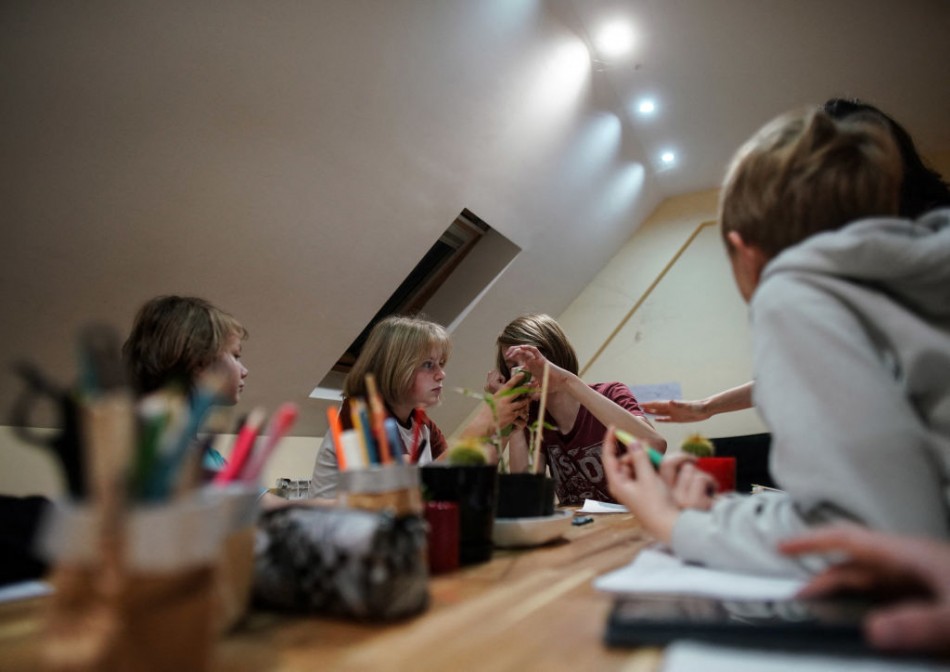Top 5 Positive Reinforcement Techniques for Parents

Parenting is a journey that comes with its own set of joys and challenges. One of the essential tools in any parent's toolbox is positive reinforcement.
This article aims to guide parents through the top 5 positive reinforcement techniques that can be invaluable in shaping behavior and building a strong parent-child relationship.
What Is Positive Reinforcement?
Positive reinforcement involves rewarding a child when they exhibit a particular behavior to increase the likelihood of it happening again in the future.
Instead of focusing on punishments for undesirable actions, positive reinforcement emphasizes celebrating and rewarding the good. This encourages children to continue engaging in positive behavior and fosters an overall sense of self-worth.
Parents can benefit significantly from employing positive reinforcement techniques. Not only does it build a stronger bond between parent and child, but it also encourages a more positive family environment.
Moreover, children nurtured through positive reinforcement tend to be more optimistic, better at problem-solving, and generally more well-adjusted.
Top 5 Positive Reinforcement Techniques
1. Verbal Praise
Perhaps the simplest and most immediate form of positive reinforcement is verbal praise. When your child performs an action you want to encourage, be it completing their homework, cleaning their room, or sharing a toy, acknowledge it with enthusiastic words. Say something like, "Great job on finishing your homework!" or "I'm proud of you for sharing your toy with your sister."
2. Reward System
Creating a reward system can be a more structured approach to positive reinforcement. Parents can develop a chart where good behaviors equate to points or stickers. Once a certain threshold is reached, these can be redeemed for a small reward, such as a favorite snack or an extra bedtime story. This technique adds an element of fun and anticipation, making it especially effective for younger children.
3. Quality Time
Quality time can be a valuable form of positive reinforcement. Parents can use this technique by setting aside time to do something fun or special with their child as a reward for good behavior. Whether it's a game night, a trip to the park, or simply reading a book together, the key is to make the child feel valued and important.
4. Role Modeling
Parents should not underestimate the power of their own behavior as a form of positive reinforcement. Children are highly observant and often imitate the actions of their parents. By consistently modeling positive behavior, you are naturally encouraging your child to follow suit. This technique has the added benefit of reinforcing a family culture of positivity and mutual respect.
5. Natural Consequences
Although this may sound counterintuitive, allowing children to experience the natural consequences of their actions can also serve as positive reinforcement. For example, if a child learns to complete their homework on time, they experience the natural reward of having free time and the absence of stress. Parents can highlight this positive outcome as reinforcement for continuing good behavior.
Read Also: Nurturing Attachment: The Key to Raising Emotionally Healthy, Stable Children
How to Successfully Implement These Techniques
For parents to maximize the effectiveness of these top 5 positive reinforcement techniques, consistency is key. Whether it's through verbal praise, a reward system, quality time, role modeling, or natural consequences, make sure to apply these strategies regularly.
Moreover, tailor these techniques to fit your child's age, interests, and unique personality traits for the best results. The top 5 positive reinforcement techniques can offer parents a range of strategies to foster good behavior and strengthen the parent-child bond.
From verbal praise to role modeling, each of these techniques has its own merits. Parents often find that combining different approaches can be especially effective in encouraging a well-rounded child.
Remember, positive reinforcement is not just about shaping behavior, it's about nurturing a positive, lifelong relationship with your child.
Related Article: Parents Use Respectful Parenting as Approach to Produce Highly Successful Kids
© 2024 ParentHerald.com All rights reserved. Do not reproduce without permission.
